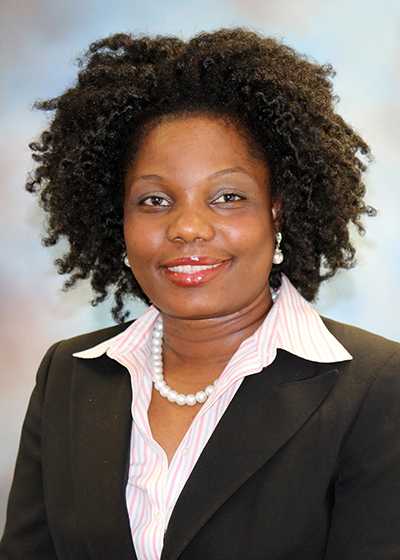Amara Ezeamama, PhD

Assistant Professor
Department of Psychiatry
Fee Hall
909 Wilson Road, Room 322-B
East Lansing, MI 48824
United States
I am a clinical epidemiologist with more than a decade of experience implementing studies of HIV-infection, parasitic infections and nutritional deficiencies as major drivers of impaired neurocognitive function and overall wellbeing in vulnerable population from largely resource limited settings. My investigations occur in socio-ecological contexts typified by low literacy, high levels of malnutrition, polyparasitism, poverty, psychosocial stress and yet high levels of social support, enduring resilience and hopefulness. To inform public health policy and intervention in relevant biological, economic & social contexts, I adopt a holistic approach anchored in the social determinants of health framework in understanding the independent and joint contributions of biological, behavioral and structural determinants of morbidity in vulnerable children and adults.
My ongoing investigations include prospective cohort studies of HIV-exposed and unexposed children and adults from Uganda. The Pediatric HIV/AIDS ProjectS (PHAPS), are designed to provide empirical data on the long-term (i.e. during school-age, adolescence and early adulthood) functional status – neurocognitive function, scholastic achievement and quality of life- of perinatally HIV infected, HIV exposed uninfected children in comparison with age and sex matched HIV unexposed uninfected children. The Aging with HIV/AIDS Program (AHAP) includes older adults with chronic HIV-infection and age, sex and community matched HIV-negative controls. AHAP is designed to systematically investigate the dynamics of Aging with HIV/AIDS and the implication of this poly-morbid state for aging-associated chronic diseases - neurocognitive decline, prevalence and incidence of non-AIDS chronic diseases and their clinical management.
“My mission is to: 1) provide empirical data to inform effective public health policy that mitigates biological, behavioral and structural determinants of morbidity and mortality in vulnerable populations, 2) implement biopsychosocial interventions that improve functional survival in adults and children aging with HIV-infection in the era of effective highly active antiretroviral therapy and 3) mentor the next generation of investigators in my capacity as faculty in a research-intensive land-grant public university”.
Projects
Perinatal HIV infection/exposure, stress and long-term functional survival in Ugandan adolescents
This study aims to provide a comprehensive and robust assessment of HIV specific impact 28 on functional indicators in school-age and adolescence.

